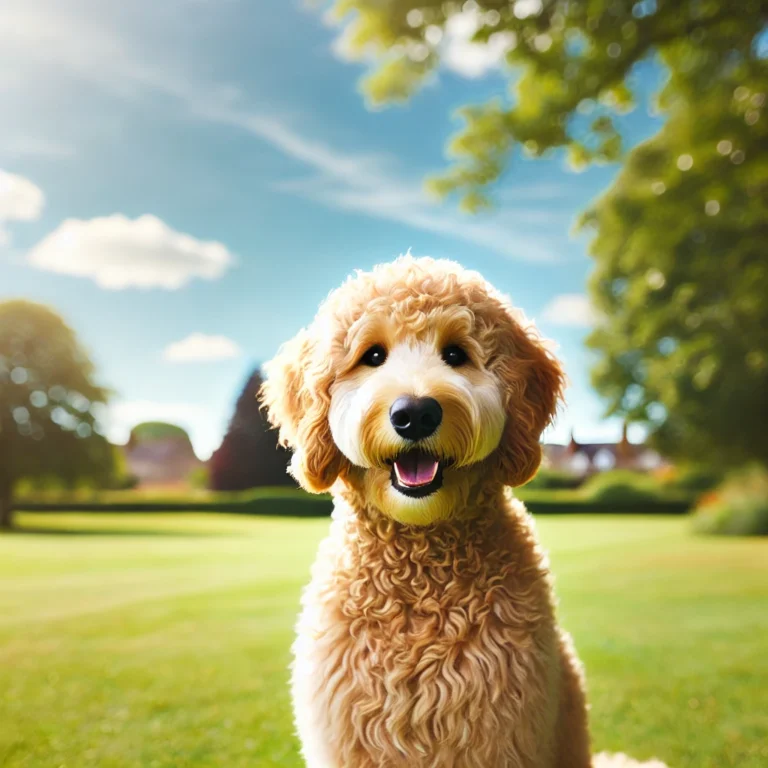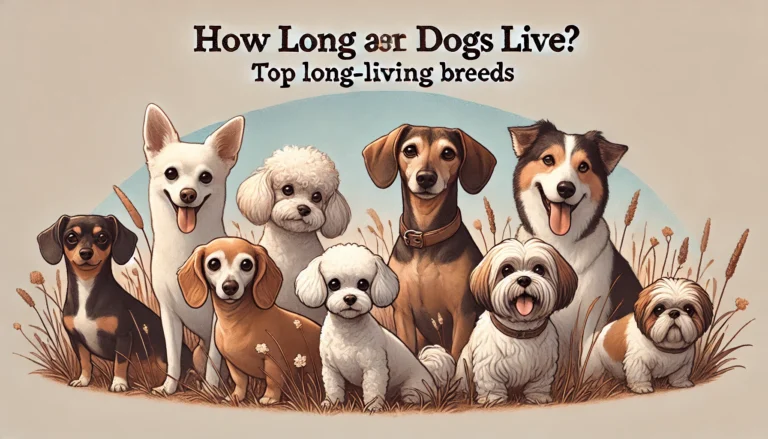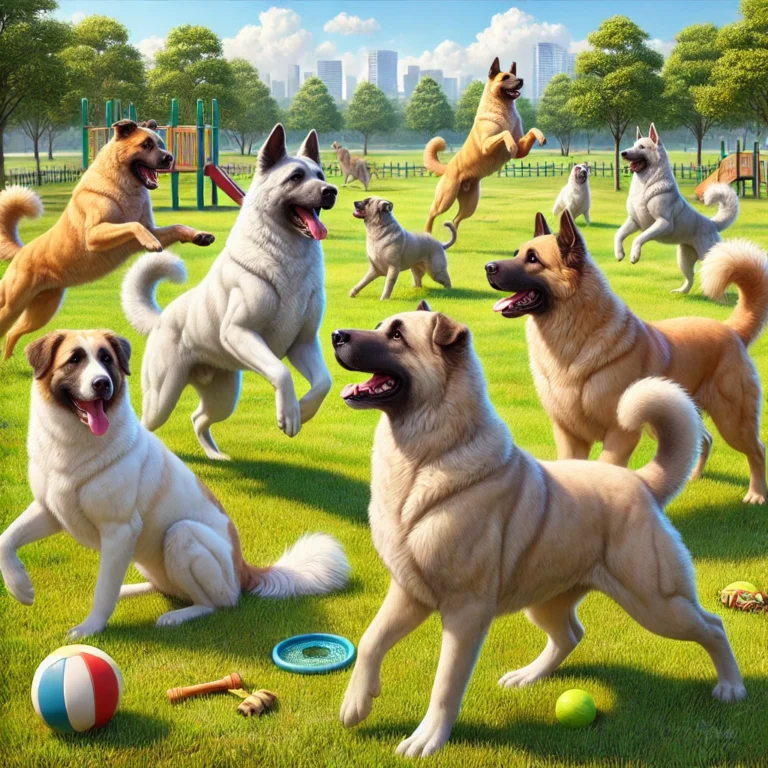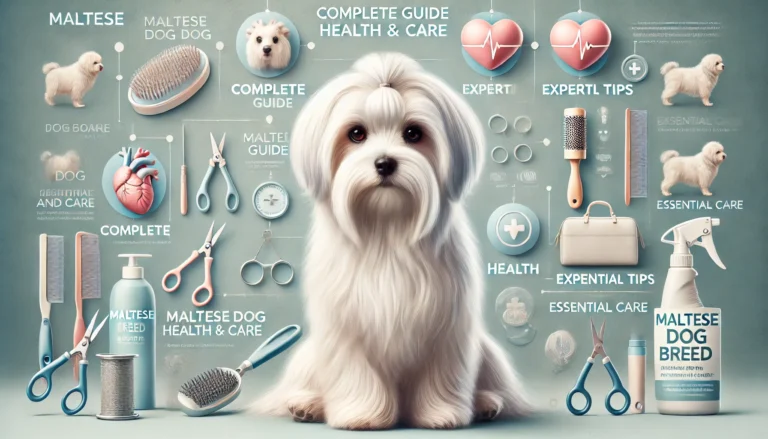Cocker Spaniel Dog Breed Health and better care

Cocker Spaniels are one of the most cherished dog breeds, known for their affectionate nature and playful demeanor. As either the American or English Cocker Spaniel, they have captivated dog lovers around the world. However, caring for a Spaniels requires understanding their unique health needs, grooming requirements, and lifestyle preferences. This detailed guide will explore the health concerns, care routines, and essential aspects of raising a Cocker Spaniel, ensuring your furry friend leads a happy and healthy life.
Introduction to Cocker Spaniels
Spaniel dog belong to the spaniel group, which includes various breeds characterized by their hunting abilities and affectionate temperaments. The breed was initially developed in the UK for hunting small game birds, particularly woodcocks. Over time, Spaniels have been split into two main types: the American Cocker Spaniel and the English Cocker Spaniel. Both types share common traits but differ in size, coat, and temperament.

Characteristics of Cocker Spaniels
Cocker Spaniels are medium-sized dogs with a height ranging from 14 to 15.5 inches. They typically weigh between 20 to 30 pounds, depending on their type. Their distinctive features include long, droopy ears and expressive, soulful eyes. Spaniels are available in various colors, including black, brown, and golden, and some exhibit beautiful combinations, such as black and white or brown and white.
Spaniels are friendly and outgoing, making them great family pets. They are known for their intelligence and eagerness to please, which makes training relatively straightforward. However, they also possess a playful streak and can be quite energetic, requiring regular exercise and mental stimulation.
Health Concerns of Cocker Spaniels
Like all dog breeds, Spaniels are prone to specific health issues. Understanding these potential concerns is vital for ensuring your Cocker Spaniel remains healthy throughout its life.
Common Health Issues
- Ear Infections: Spaniel Dogs are particularly susceptible to ear infections due to their long, floppy ears that trap moisture and debris. Regular ear cleaning is essential to prevent infections. Signs of ear problems include scratching at the ears, foul odor, and discharge.
- Hip Dysplasia: This genetic condition occurs when the hip joint doesn’t fit properly into the hip socket, leading to arthritis and pain. Regular veterinary check-ups and maintaining a healthy weight can help manage this issue.
- Eye Problems: Spaniel Dogs are prone to several eye conditions, including cataracts and glaucoma. Regular eye examinations by a veterinarian can help detect issues early and prevent serious complications.
- Skin Allergies: Many Spaniel Dogs suffer from allergies that can lead to skin irritation and infections. Symptoms often include excessive scratching, redness, and hair loss. Identifying and managing allergens is crucial for maintaining skin health.
- Obesity: Spaniel Dogs can easily become overweight, leading to various health issues such as diabetes and joint problems. Monitoring their diet and ensuring regular exercise is essential for maintaining a healthy weight.
Preventive Care
Regular veterinary visits are crucial for maintaining your Cocker Spaniel’s health. Routine vaccinations, parasite prevention, and dental care should be part of your dog’s healthcare plan. Spaying or neutering your Cocker Spaniel can also prevent certain health issues and unwanted behaviors.
Grooming Needs for Cocker Spaniels
Spaniel Dogs are known for their beautiful, silky coats that require regular grooming to keep them in good condition.
Coat Care
- Brushing: Spaniel Dogs should be brushed at least 2-3 times a week to prevent mats and tangles. Regular brushing also helps distribute natural oils in the coat, keeping it healthy and shiny.
- Bathing: They should be bathed every 4-6 weeks or as needed. Using a gentle dog shampoo can help keep their skin healthy and free from irritation.
- Ear Cleaning: Due to their floppy ears, Spaniel Dogs need regular ear cleaning to prevent infections. Use a vet-recommended ear cleaner and cotton balls to gently clean the ear canals.
- Nail Trimming: Regular nail trimming is essential to prevent discomfort and injury. If you can hear your dog’s nails clicking on the floor, it’s time for a trim.
- Professional Grooming: Many Spaniel Dogs owners opt for professional grooming every few months to maintain their dog’s coat and appearance. A groomer can provide services such as clipping and styling, which may be difficult to manage at home.
Nutrition and Diet
A balanced diet is vital for your Cocker Spaniel’s overall health. Choosing the right food and feeding routine can help prevent many common health issues.
Choosing the Right Food
- High-Quality Dog Food: Look for a premium dog food that lists meat as the primary ingredient. Avoid foods with fillers such as corn or soy, as well as artificial preservatives.
- Life Stage Nutrition: Choose food appropriate for your dog’s life stage. Puppies require different nutrients than adult and senior dogs.
- Portion Control: Measure your dog’s food according to the guidelines provided on the packaging. Adjust portions based on your dog’s activity level and body condition.
- Hydration: Ensure your Spaniel Dog has access to fresh, clean water at all times. Hydration is critical for their overall health.
Feeding Schedule
Establishing a regular feeding schedule can help with digestion and prevent obesity. Most adult Cocker Spaniels do well with two meals per day, while puppies may require three to four smaller meals.
Exercise Requirements
Cocker Spaniels are active dogs that need regular exercise to maintain their physical and mental well-being.
Daily Activity Needs
- Walking: Aim for at least one hour of exercise daily, which can include walks, playtime, and training exercises. Cocker Spaniels enjoy exploring and should be allowed to sniff and discover during walks.
- Playtime: Engage in interactive play with your Cocker Spaniel using toys such as balls or frisbees. They love games that stimulate their minds and bodies.
- Mental Stimulation: Incorporate puzzle toys and training sessions into their routine to keep their minds sharp. Cocker Spaniels are intelligent and thrive on mental challenges.
Training and Socialization
Training is essential for Cocker Spaniels, as it helps them become well-mannered and obedient companions.
Basic Training
Start with basic commands like sit, stay, come, and heel. Positive reinforcement methods, such as treats and praise, are effective for training Cocker Spaniels. Consistency is key, as they can be sensitive to harsh corrections.
Socialization
Early socialization is crucial for Cocker Spaniels. Expose them to various environments, people, and other animals during their critical development phase (around 3 to 14 weeks old). This helps them grow into well-adjusted adults comfortable in different situations.
Professional Training Classes
Consider enrolling your Cocker Spaniel in obedience classes or puppy kindergarten. These classes provide structure and allow for socialization with other dogs, which is beneficial for their development.
Common Behavioral Traits of Cocker Spaniels
Cocker Spaniels are known for their friendly and affectionate nature, making them excellent companions for families and individuals alike.
Temperament
Cocker Spaniels are generally friendly, outgoing, and eager to please. Their loving disposition makes them great companions, but they can also be sensitive. Using positive reinforcement during training is essential to avoid harsh discipline.
Separation Anxiety
Cocker Spaniels may experience separation anxiety if left alone for long periods. They thrive on companionship and can become destructive if bored or anxious. Consider crate training and providing toys to keep them occupied when you’re away.
Senior Cocker Spaniel Care
As Cocker Spaniels age, they may require special attention to their health and care needs.
Health Monitoring
Regular veterinary check-ups become increasingly important as your dog ages. Watch for signs of arthritis, vision problems, or cognitive decline. Early detection can help manage age-related health issues effectively.
Diet Adjustments
Seniors may benefit from a diet formulated for older dogs, which often contains lower calories and higher fiber to help manage weight and digestive health. Consult your veterinarian for dietary recommendations tailored to your senior Cocker Spaniel.
Exercise Needs
While exercise remains important, older dogs may not require as much physical activity as they did in their younger years. Shorter, more frequent walks can help maintain their health without overexerting them.
Do you Know
Understanding your Dog Poop habits is essential for monitoring their health. By observing their bowel movements, maintaining a balanced diet, and seeking veterinary advice for any concerns, you can ensure your dog enjoys optimal digestive health.
Conclusion
Cocker Spaniels are loving, energetic, and intelligent dogs that make wonderful companions. Their unique grooming needs, potential health concerns, and dietary requirements necessitate attentive care from their owners. By understanding their specific needs and providing the proper training, exercise, and nutrition, you can ensure a long, healthy, and happy life for your Cocker Spaniel. With their affectionate nature and loyalty, they are sure to bring joy to your family for years to come.
Is a cocker spaniel a healthy breed?
Cocker spaniels are generally considered a healthy breed, but they are prone to certain health issues like ear infections, eye problems (such as cataracts), and hip dysplasia. These conditions can be managed with regular vet check-ups, proper nutrition, and attentive care. Ensuring they get enough exercise and maintaining their grooming needs also contribute to their overall health and well-being.
How to keep your cocker spaniel healthy?
To keep your cocker spaniel healthy, regular vet check-ups are essential to catch any health issues early. Provide them with a balanced diet that meets their nutritional needs, avoiding foods like chocolate, grapes, and onions which can be harmful. Regular exercise, such as daily walks and playtime, helps maintain their physical fitness and mental well-being. Additionally, regular grooming, especially for their long, silky coat, helps prevent matting and keeps their skin healthy.
What care does a cocker spaniel need?
Cocker spaniels require regular grooming to manage their coat and prevent health issues like skin infections. They need daily exercise to stay fit and mentally stimulated, making walks and playtime crucial parts of their routine. Proper nutrition tailored to their size and activity level is essential, with a focus on avoiding harmful foods. Regular vet visits for vaccinations and health check-ups are also necessary to ensure they stay healthy throughout their life.
What health problems are cocker spaniels prone to?
Cocker spaniels are prone to several health issues, including ear infections due to their floppy ears, eye problems such as cataracts and glaucoma, and joint issues like hip dysplasia. They may also be susceptible to allergies and skin conditions. Regular monitoring, proper grooming, and early veterinary intervention can help manage these potential health concerns effectively.
What can cocker spaniels not eat?
Cocker spaniels should avoid certain foods that can be toxic or harmful to their health, including chocolate, grapes, onions, and foods high in fat. These items can cause digestive problems, toxicity, or even organ damage in severe cases. It’s important to keep these foods out of reach and ensure they have a balanced diet suitable for their nutritional needs.
Are cocker spaniels high maintenance?
Cocker spaniels can be considered high maintenance due to their grooming needs, which include regular brushing and occasional professional grooming to manage their long, silky coat. They also require daily exercise and mental stimulation to prevent boredom and potential behavioral issues. Additionally, they may need special attention to their ears to prevent infections. While they are loving and loyal companions, potential owners should be prepared to invest time and effort into their care.
What is the disadvantage of a cocker spaniel?
One disadvantage of owning a cocker spaniel is their susceptibility to health issues like ear infections and eye problems, which require regular care and veterinary attention. Their grooming needs can also be considered a disadvantage for some owners who prefer lower maintenance pets. Additionally, they may not tolerate being left alone for long periods, as they thrive on companionship and interaction with their family members.
What is a good age for a cocker spaniel?
A good age to bring a cocker spaniel into your home is typically as a puppy, when they are more adaptable to training and bonding with their new family. Puppies require socialization, training, and attention to establish good behavior and habits early on. Adopting or purchasing a puppy from a reputable breeder ensures they receive proper care and early socialization experiences.
Can cocker spaniels be left all day?
Cocker spaniels should not be left alone for extended periods as they are social animals that thrive on human interaction and companionship. Being left alone for long hours can lead to separation anxiety, boredom, and potential behavioral issues. They require regular interaction, exercise, and mental stimulation to stay happy and well-adjusted. If owners must be away for extended periods, arrangements should be made for someone to check on the dog and provide companionship during the day.
What is the lifespan of a cocker spaniel?
Cocker spaniels typically live between 12 to 15 years, depending on their genetics, health care, and overall well-being. Providing them with a healthy diet, regular exercise, proper grooming, and regular veterinary care can help maximize their lifespan and quality of life. Ensuring they receive prompt medical attention for any health issues or concerns also contributes to their longevity.
Are cocker spaniels safe?
Cocker spaniels are generally safe dogs, especially when they are well-socialized, trained, and treated kindly. They are known for their friendly and affectionate nature towards their family members and others. However, like any dog breed, individual temperament can vary, and proper training and supervision are important to ensure they interact safely with people and other animals.
Are cocker spaniels intelligent?
Cocker spaniels are intelligent dogs known for their trainability and responsiveness to commands. They enjoy learning new tricks and tasks, making them suitable for obedience training and various dog sports. Their intelligence, combined with their affectionate nature, makes them popular as family pets and companions. Regular mental stimulation through training, interactive toys, and play helps keep them mentally engaged and satisfied.






